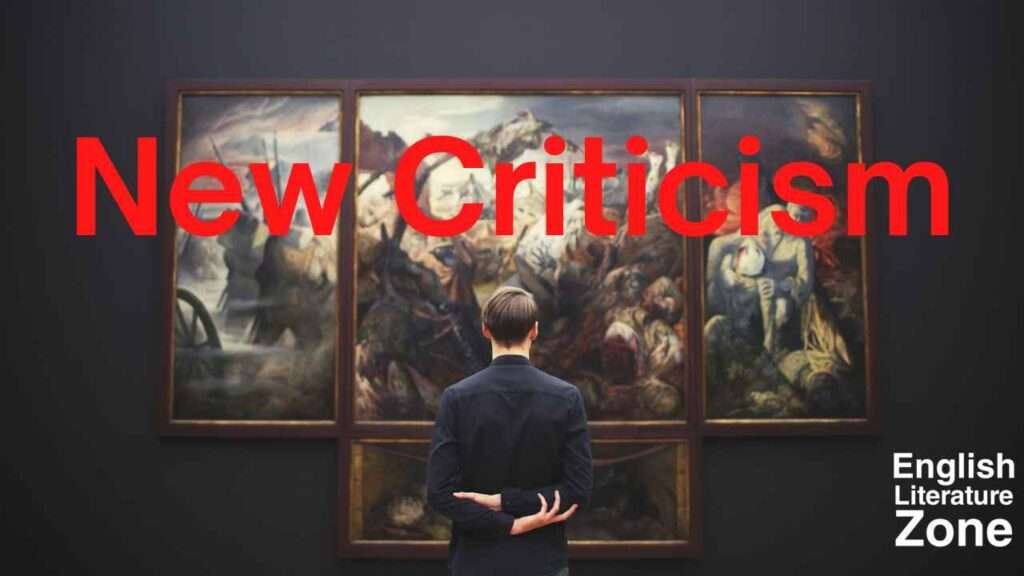
Introduction
The Republic is a Socratic dialogue written by Plato around 380 BC. There has been much debate over when the dialogue might have taken place. It has been said that it may have taken place around the ‘Peloponnesian War’ (460BC). The Republic is Plato’s best known treatise and has been shown over time to be one of the most influential works of philosophy and theory of politics that has ever been written. The book is divided into 10 Books.
The first book deals with the subject of justice, in the next two book Plato expounds his theory of Ideal State, the fourth and fifth books deal with the relationship between things and ideas, between the sensitive things and ideas, between the sensitive and supersensitive world, book six and seven describe the theory of knowledge, the eight and ninth books about the state and the family and last book examines the idea of the immortality of the soul with the Myth of Er.
About Plato
Plato is widely considered to be the most fundamental philosopher in the history of the Western Civilization. He was a Greek philosopher born in Athens during the classical period in Ancient Greece. He founded the Platonist school of thought and the Academy, the first institution of higher learning on the European continent. He was the student of Socrates and the teacher of Aristotle. Plato was much influenced by Socrates, Heraclitus, Parmenides and Pythagoreans. Plato’s main contributions are in Philosophy, Mathematics and Science. Plato was the author of more than 60 book, among them The Republic, Allegory of The Cave, The Symposium, Great Dialogues of Plato, Timaeus and Critias, and Apology are world famous.
Indeed, in his works, Plato sets out most of the major theme western philosophy has focused on, including – Epistemology, Metaphysics, Ethics and Politics.
Themes of “The Republic”
The Republic is about Justice means the main theme of this book is Justice. In this dialogue Plato undertakes to show what Justice is and why it is best for each person.
About Title
The title Republic is derived from Latin being attributed to Cicero, who called it De re publica (On Public Affairs) Or even Derepublica. The Republic is considered an integral part of the utopian literary genre. The second title Peri dikaiou may have been included later.
Summary Of “The Republic”
The Republic is considered by many academics to be the greatest philosophical text even written, being the most studied book in top Universities. Martin Luther King said The Republic would be the only book he would take to a desert island with the Bible.
Socrates arrives at the house of Cephalus, where he begins the discussion about old age and parents his own model of happiness and justice. Polemarchus also expresses his opinion on justice and justice as a duty, to do good for friends and evil for enemies. Thrasymachus express his opinion on political justice, arguing that justice is practically the utility of those who are stronger. Socrates intervenes by saying that justice is a virtue of the soul, as Socrates says, thus contradicting Thrasymachus who sees injustice as a virtue.
Socrates Ideal City depends on education, specialization, and social structures that define family, behavior, and loyalty to the city. Each person will specialize in a specific occupation, an occupation that is chosen for them by the city based on their aptitudes and abilities as children. Education, especially of the guardians who will function as guards or Soldiers as well as ruler, is the key to the success of the city.
“Body exercise, when compulsory does no harm to the body;
but knowledge which is acquired under compulsion obtains no hold on the mind.”
Socrates turns to the question of who should rule the city, in support of his claims that a philosopher is the best ruler. Socrates explains that the soul is made of three parts, the rational, the appetitive, and the spirit. Only philosophers are able to truly love knowledge and truth, and only they recognize truth. Socrates presents the allegory of the cave. Imagine, he says, a cave, where men are chained in the dark and think that the shadows they see on the wall are a reality, until one of them escapes into the sunlight and sees the physical world. The freed prisoner later returns and tries to teach the other about the nature of truth.
The philosopher is the best ruler because he understands that the objects of the physical world are copies, imitations, of the ideal forms in the world of ideas. The philosopher, because he understands the forms, has a greater understanding of everything. Consequently, the guardians must be educated in philosophy, as well as mathematics and logic. Only the best of the guardians will become philosopher kings. Socrates describes four kinds of cities, and the four kinds of people are equivalent to the cities, ending with the worst, the tyrant.
The last book discusses poetry and imitation. The poet, and art in general, imitates sensitive objects, so they generate an illusion based on hidden passions that contaminate the soul and make them bad citizens. Therefore, such artists would be banned in the ideal city, but the dithyrambs and epics must be preserved. Finally, he exposes the Myth of Er, in Pamphylia, who was found dead after a battle but was resurrected at the funeral home because he had been ordered by supreme Judges to be the messenger of the future. The purity of the soul can be obtained only after it has freed itself from the limitations of the human body, deserving only then the reward after death.
Conclusion
To sum up, we can say that The Republic is mostly an elaboration of the ideal state, the beautiful city, Kallipolis. In this work, Plato attempted to design an ideal society and government that were free of injustice and conflict. Plato also discusses the meaning of justice and soul. The Republic describes a way through which a just and philosophical governance can create happiness.




